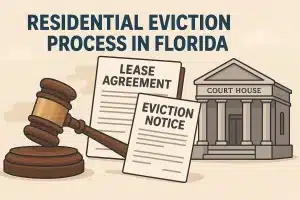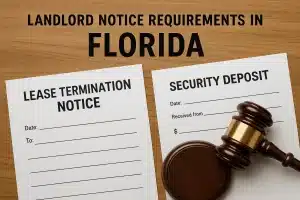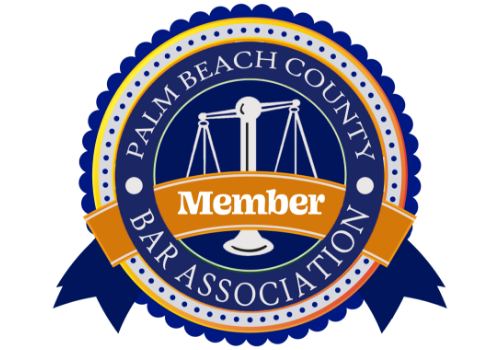
Law Blog
Why do I need an attorney to prepare my documents?

Part 1 – Formalities
On numerous occasions in my forty-year career, I have been tasked with probating the will of a decedent who prepared the will himself, sometimes using a download from the internet, but on some occasions typed or written out using the decedent’s own words. There have been execution problems with almost every single one. This is a list of some (not all) of the execution problems that I have seen:
1. Lack of Witnesses. I was once presented with a will prepared by the deceased that was written in longhand and not witnessed. In Florida, an unwitnessed document is not considered to be a will at all and that particular estate proceeded as an intestate proceeding, i.e., the estate beneficiaries were determined by Florida law rather than the wishes of the decedent. In some states, if a will is written entirely in the decedent’s handwriting, it can be probated, even without witnesses, but not in Florida. Two witnesses are required, at a minimum.
2. Lack of Notarization. While notarization is not required to create a valid will, only a properly notarized will is known as “self-proving”. This is important because if a will is not self-proving, the oath of one of the witnesses must be obtained. On numerous occasions, my office has had to locate a witness due to lack of notarization or improper notarization. This can be very difficult if there has been a significant amount of time between the signing of the will and the decedent’s death. Witnesses die themselves, become incompetent, move away, or may have a very common name that is difficult to track.
Once a witness is found, we must convince them to take the time to travel to a courthouse to swear an oath that they and the other witness saw the deceased sign the will. Florida law requires that a witness’s oath be signed before a clerk of court, so the witness must go out of his or her way to travel to a courthouse to sign. Unless the witness has affection for the deceased or the family, they generally do not want to be bothered. I must generally resort to incentivizing, such as offering a gift card to the witness once they sign and send the oath. That often works, but not always, if the witness does need or want the gift card.
3. Improper Notarization. Simply notarizing a decedent’s signature does not result in a self-proving will. In order to be self-proving, notarization of a will must be done following a very specific format that is set out in the Florida statutes. If the notary fails to follow the format, or to complete it correctly, the will is rejected. For example, I had a will rejected recently because the person supervising its execution (not I!) missed dating it in one spot, even though it was dated in two other places. I have also had wills rejected because the notary did not indicate how they identified the person – the notary must either indicate that he or she personally knows the person signing the will or that the signer presented identification, and must fill in the type of identification produced. The notary’s lack of precision will cause a will to lose self-proving status.
4. Unqualified notary. I have also had wills presented to me that were prepared in another state in which certain individuals – usually attorneys – are automatically treated as notaries public. In Florida, the notary must be an actual notary public, so those are not considered self-proving, either.
These are the most common execution errors that occur when an attorney’s office does not supervise the execution of a will.
The information provided in this article does not, and is not intended to, constitute legal advice; instead, all information, content, and materials available in this article are for general informational purposes only. Information in this article may not constitute the most up-to-date legal or other information. Readers should contact an attorney to obtain advice with respect to any particular legal matter. No reader, user, or browser of this article should act or refrain from acting on the basis of information in this article without first seeking legal advice from counsel in the relevant jurisdiction. Only your individual attorney can provide assurances that the information contained herein – and your interpretation of it – is applicable or appropriate to your particular situation.
The views expressed at, or through, this site are those of the author writing in their individual capacity only – not those of Scott-Harris as a whole. All liability with respect to actions taken or not taken based on the contents of this site are hereby expressly disclaimed. The content on this posting is provided “as is;” no representations are made that the content is error-free.
recent post


Navigating Florida’s Residential Eviction Process | Landlord & Tenant Guide

Landlord Notice Requirements for Residential Lease Termination and Security Deposit Claims in Florida
recent post

Residential Eviction for Nonpayment in Florida | Tenant Court Registry Requirements

Navigating Florida’s Residential Eviction Process | Landlord & Tenant Guide










